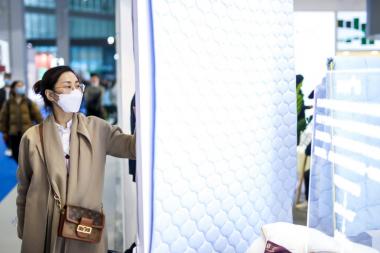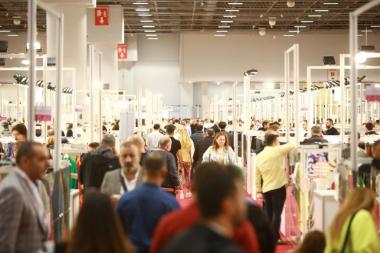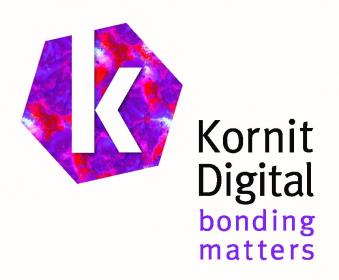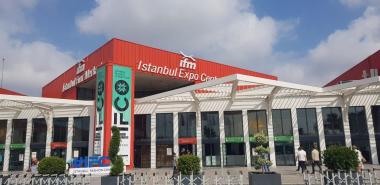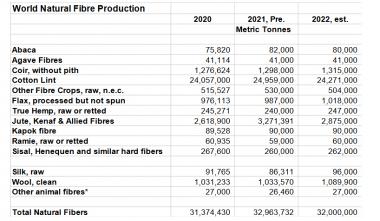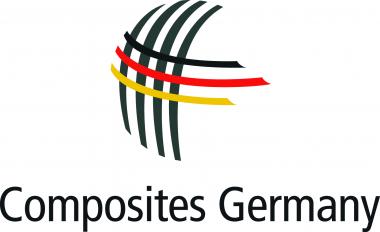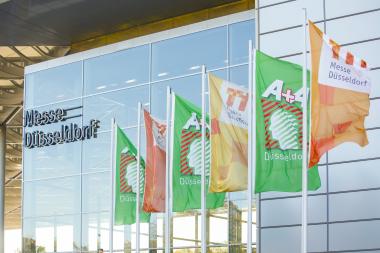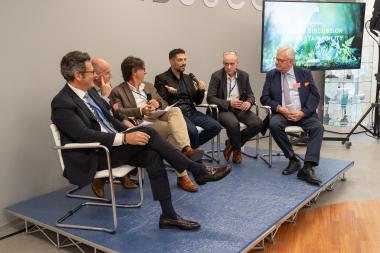Perstorp: Reduction targets for water and waste
Sustainable solutions provider Perstorp has added new corporate sustainability targets, for water and waste, to its sustainability strategy. Its long-term sustainability ambition is to become Finite Material Neutral, which involves water and waste, along with raw materials, energy and catalysts. In 2021 the company set its first 2030 targets, for greenhouse gas emissions (using approved science-based targets) and (eco) toxic impact. Now Perstorp has added new sustainability targets that will address its long-term ambition.
These new 2030 corporate targets (all measured using 2019 as the base year) are:
- 30% absolute reduction of freshwater consumption
- 30% absolute reduction of hazardous waste directed to disposal
- 30% absolute reduction of non-hazardous waste directed to disposal
"Fresh water consumption and waste are two areas of big importance in reducing our environmental impact and working toward increased circularity," says Anna Berggren, Vice President Sustainability at Perstorp Group. "Fresh water scarcity is already a fact around the world, and we have a responsibility to reduce our consumption and utilize alternative water sources. We must also minimize waste generation and find new circular solutions of reusing and recycling the waste streams into new products, either ourselves or so that a third party can use them as raw material. We have set ambitious and absolute sustainability targets, that are to be achieved regardless of production growth. To be able to reach these targets we have several large projects planned that will contribute significantly."
All Perstorp production plants use water for multiple purposes, including, for example: for cooling, as a solvent for chemical reactions, as a carrier for products, and as a heat-transfer medium. One way to reduce fresh water consumption is to purify and recycle wastewater. Perstorp sees this as an important core technology and is planning to invest in wastewater recycling projects at several of its production sites.
A key to reducing waste directed to disposal is to develop circular solutions that use waste streams as raw materials for new products. One example is Project Air, in which captured carbon dioxide together with residue streams from Perstorp's production plant in Stenungsund, Sweden, will serve as raw material for production of sustainable methanol that will replace all the virgin fossil methanol used by Perstorp in Europe.
Perstorp





